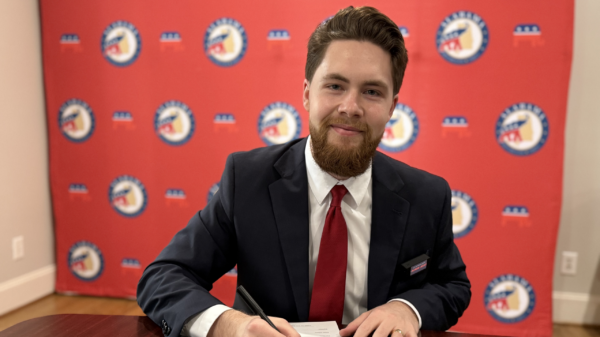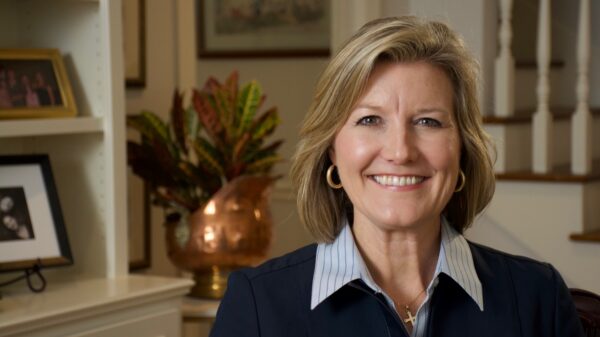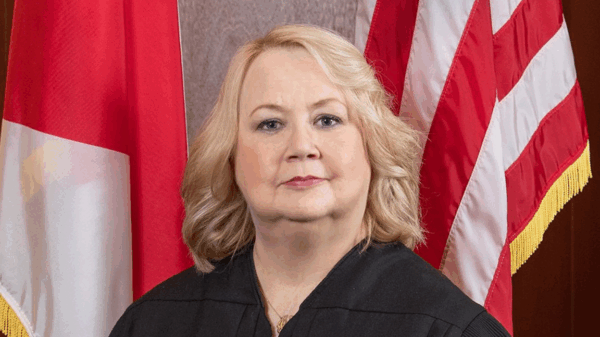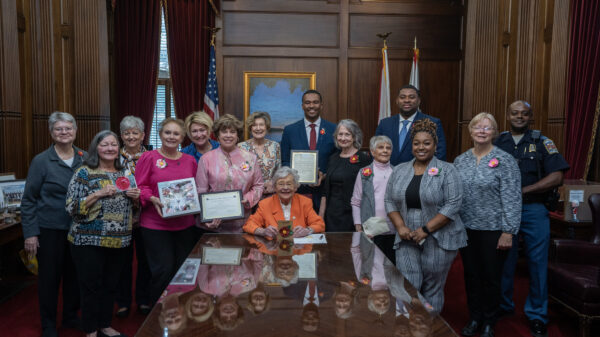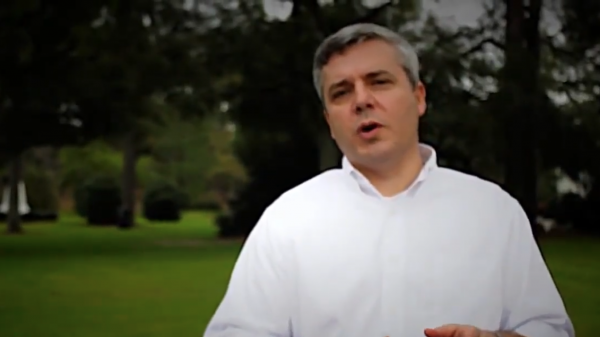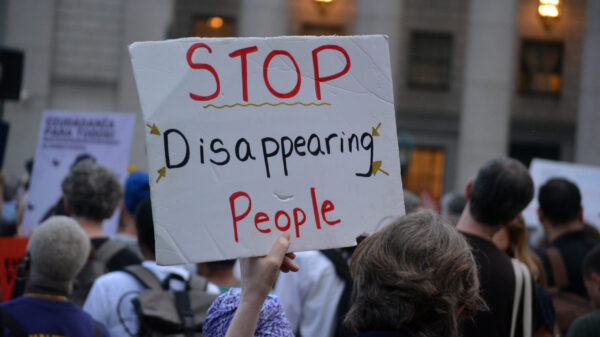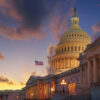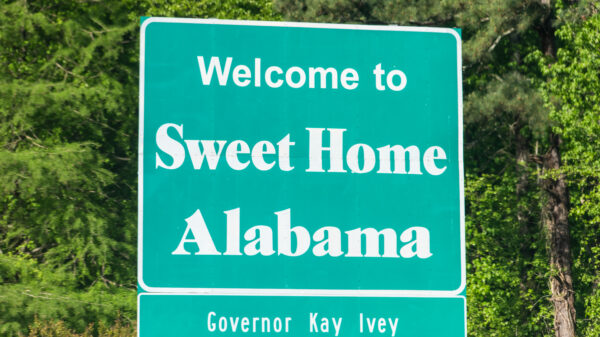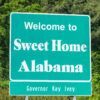The myth of the rugged individual — the lone wolf conquering the frontier through sheer grit — has long been at the heart of America’s story, carved into our novels, movies and TV shows. But the truth, as history teaches, is that no one can thrive alone. We are social creatures, and survival ultimately depends on cooperation.
Time and again, cooperation has been the lifeblood of our greatest achievements. From the alliances that built our highways and put men on the moon, to the quiet agreements that hold communities together in times of crisis, it is shared purpose that forges progress. Abroad, post-war Europe rose from the ashes of conflict through the cooperative spirit of the Marshall Plan and the birth of the European Union — turning centuries of bloodshed into a fragile peace. South Africa’s Truth and Reconciliation Commission, though imperfect, stands as an example of cooperation’s power to heal deep wounds when vengeance would have only deepened them.
When groups are formed, cooperation is the glue that binds them. Without it, chaos and ruin soon follow. The United States, in its founding vision, wagered that a country could be built from people of many ethnic, social and religious backgrounds — a bet that depended on the fragile strength of cooperation and an unwavering respect for the rule of law and honest representative government. Only the naïve — or the self-interested — would claim this was ever fully achieved. It has always been an aspirational goal: a more perfect union to be pursued, not taken for granted.
Yet throughout our history, tribal politics have found fertile ground in our fears and grievances. Lies and scapegoating have been the oldest tricks in the playbook of warring clans, peddled by those who find it easier to stoke hatred than to build bridges. As James Madison wrote in Federalist No. 10, “The latent causes of faction are thus sown in the nature of man.” Ambition, jealousy and the hunger for power have always tempted those who would rather divide than unite.
In 1858, Abraham Lincoln — confronting the deep rifts of his time — declared, “A house divided against itself cannot stand.” His words ring as true today as they did then. Politics and religion, once seen as avenues for collective betterment, have too often been twisted into weapons of division. They have driven more slaughter than any other force in human history.
Today, that tribal war has only grown more complex and more dangerous. News outlets become echo chambers; social media turns misinformation into a flood. We’ve seen this before — Father Coughlin’s radio sermons in the 1930s, McCarthy’s witch hunts in the 1950s — but never at such speed and scale. The question now, as then, is whether we will let these forces devour us or find the courage to stand together.
When politicians recite the Pledge of Allegiance, do they truly believe in “liberty and justice for all,” or only for those who agree with them? And when the faithful recite the Lord’s Prayer, do they really mean it when they say, “And forgive us our trespasses, as we forgive those who trespass against us,” or does that mercy extend only to those who kneel at the same altar?
In 2010, when Republicans took control of the Alabama State House, there was a sense of optimism that we might see a renewal of ethics and fairness in government. But over the last 15 years, through repeated turnovers in the legislature, the reasonable Republicans have been driven to near extinction. What remains is an unruly mob — uninformed, belligerent and openly hostile to individual rights and personal liberty. Like warring tribes, they seem determined to dominate anyone who dares to be different.
The desire to forge “one out of many” — e pluribus unum — has been all but forgotten in the clamor of ideological conquest. This isn’t just Alabama’s tragedy — it’s a national one. And it’s part of a global struggle: we see it in Russia’s aggression, in Hungary’s slide into authoritarianism, and in the manipulation of faith and fear to consolidate power.
Yet for all this, I remain convinced that the idea of liberal democracy — government by the people, with constitutional rights that protect individual freedoms and minority voices — is not beyond saving. It was born of the belief that no person is above the law, that every citizen is entitled to dignity, and that our differences can be reconciled in a shared pursuit of the common good. These ideas have survived civil wars, global depressions and the poison of Jim Crow because enough people have chosen cooperation over division.
As we stand at this precarious moment, we must ask ourselves: are we content to let ambition and tribalism tear this republic apart? Or will we heed Madison’s warning that “Ambition must be made to counteract ambition” and do the hard work of mending the breach?
Healing begins with a choice: to listen, to reject the comforting falsehoods of demagogues and to find common ground even when it seems elusive. It requires leaders who see their office not as a throne for conquest, but as a trust for the common good. And it demands that we, as citizens, refuse to be divided by fear and refuse to be ruled by those who thrive on conflict.
Because in the end, no one can survive as a lone wolf. Only together — through cooperation, not conquest — can we hope to keep the promise of liberty alive.


